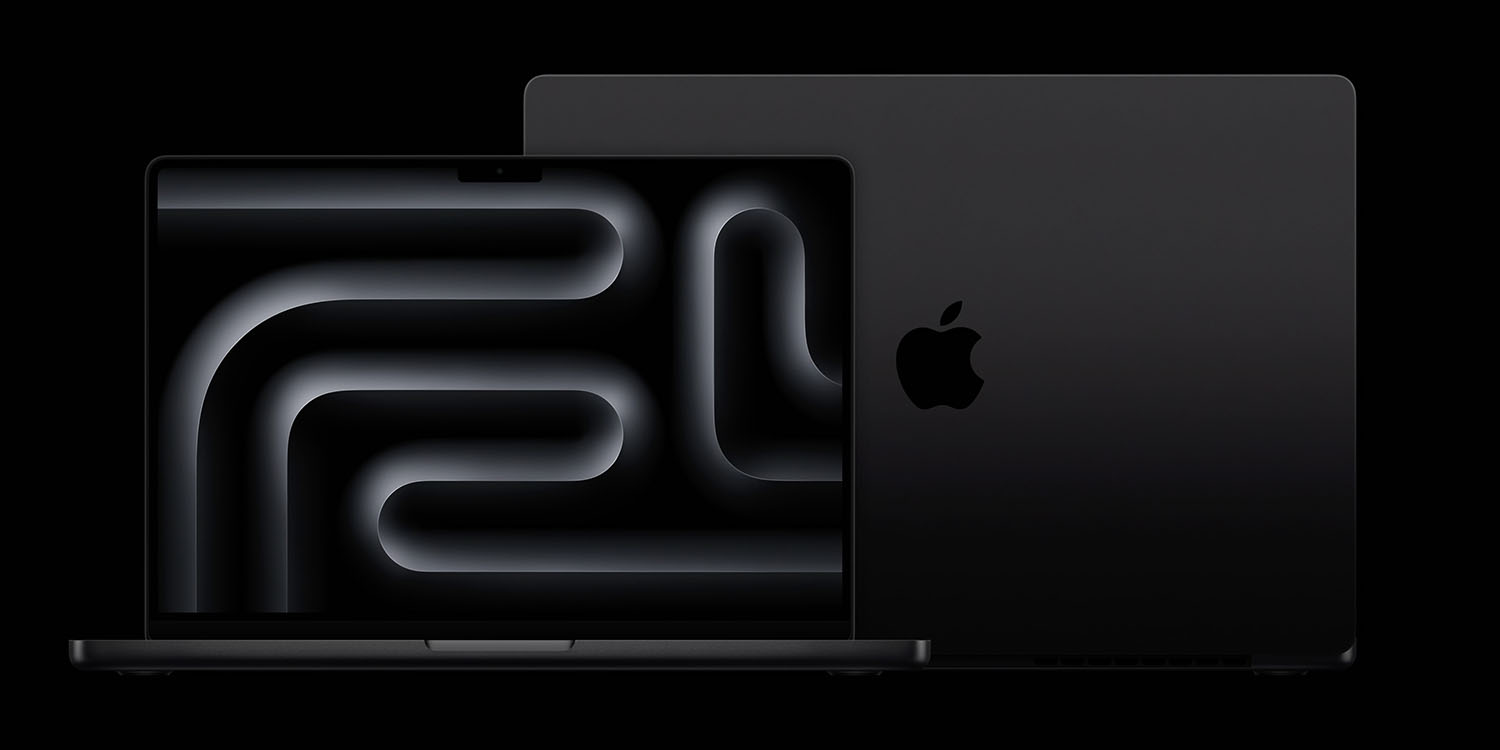
The launch of the M3 MacBook Pro has reignited a long-standing debate over Apple’s memory tiers and pricing.
A new piece describes 8GB as an insulting starting point in a 2023 professional machine, and calls Apple’s upgrade pricing “pure corporate greed” – while Apple claims that its base model is equivalent to 16GB in PC terms …
M3 MacBook Pro
For the first time, Apple has launched a MacBook Pro with the base level of an Apple Silicon chip. Previously, the MacBook Air would get the plain M1 or M2 chip, while the MacBook Pro models would get the Pro or Max variants.
This year, however, you can buy a plain M3 MacBook Pro. Both of the two stock models sold – at $1,599 and $1,799 respectively – come with just 8GB of unified memory. (These models also have other compromises over their more expensive variants.)
8GB unacceptable, and upgrade pricing “exorbitant”
In a new Macworld piece, Jason Cross argues that it’s ridiculous to sell a “pro” computer in 2023 with only 8GB RAM.
The least-expensive new MacBook Pro you can get costs $1,599 and includes only 8GB of RAM, an insultingly miserly amount for this day and age. Want more? That will be at least $200, take it or leave it.
Apple has a long history of providing less RAM than it should for the price of its laptops and overcharging to get more, but it’s reached ridiculous proportions. The cheapest standard configuration with more than 8GB of RAM is 2 grand! The cheapest MacBook Pro you can configure with more than 8GB is $1,800!
Cross also takes issue with Apple’s upgrade pricing, in which each tier costs an extra $200.
There’s nothing special about Apple’s RAM. It’s high quality, and it’s integrated on a very wide memory bus very close to the M3 chip, but those manufacturing complexities don’t make the RAM cost more. Apple’s charging you $200 for RAM it buys for $30.
He goes on to describe Apple as being guilty of “pure corporate greed.’
Apple argues 8GB is equivalent to 16GB
Apple, unsurprisingly, disagrees. In a Chinese interview with the company’s product marketing lead Bob Borchers (spotted by MacRumors), he argues that 8GB in a Mac is equivalent to 16GB in a PC.
Comparing our memory to other system’s memory actually isn’t equivalent, because of the fact that we have such an efficient use of memory, and we use memory compression, and we have a unified memory architecture.
Actually, 8GB on an M3 MacBook Pro is probably analogous to 16GB on other systems. We just happen to be able to use it much more efficiently.
Top comment by AppleDev
For a “Pro” machine 8 GB is too little. Mac’s may be more efficient with RAM then Windows, but a pro machine should have enough video memory for pro tasks and enough extra RAM for a Docker container, Xcode Simulator, or VM. Sure you can say the user should know better then to buy a base model, but these are the ones that get stocked in stores or selected by cost-cutting IT departments that never pick CTO options. Not to mention that 16GB would increase the addressable market for AAA games on Mac. Something Apple seems to have interest in incentivizing these days.
One suggestion is Apple should make the 8 GB option a CTO downgrade instead of an upgrade.
Cross acknowledges that Apple’s tightly-integrated chip designs do have very real benefits.
A big on-chip system-level cache and a fast SSD, along with some really smart code, means that a Mac with Apple Silicon doesn’t feel nearly as hamstrung with 8GB of RAM as, say, a Windows laptop.
But that’s not to say 8GB is sufficient, certainly not for a machine people would typically expect to keep for 4-5 years.
9to5Mac’s Take
Apple’s claim that you can’t just compare raw specs is absolutely true. In modern Macs in particular, the distinction between RAM and SSD storage becomes somewhat blurred, thanks to super-fast SSDs and smart caching techniques.
But is that a good reason to sell a MacBook Pro with 8GB RAM? I have to say no. For an extra $30-40, Apple could give everyone a 16GB starting point. The reason it doesn’t do so is simple: because it knows most MacBook Pro buyers are going to pay an extra $200 for the privilege.
FTC: We use income earning auto affiliate links. More.






Comments